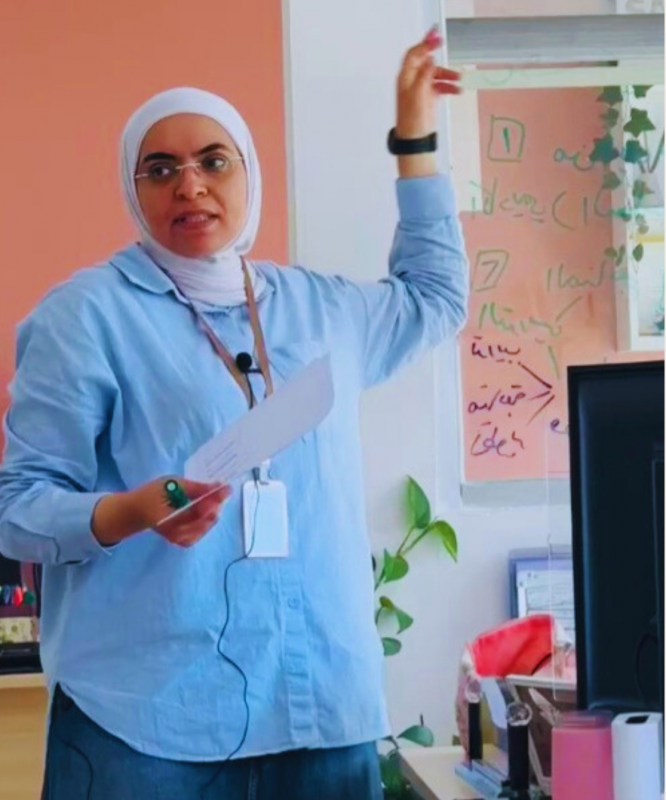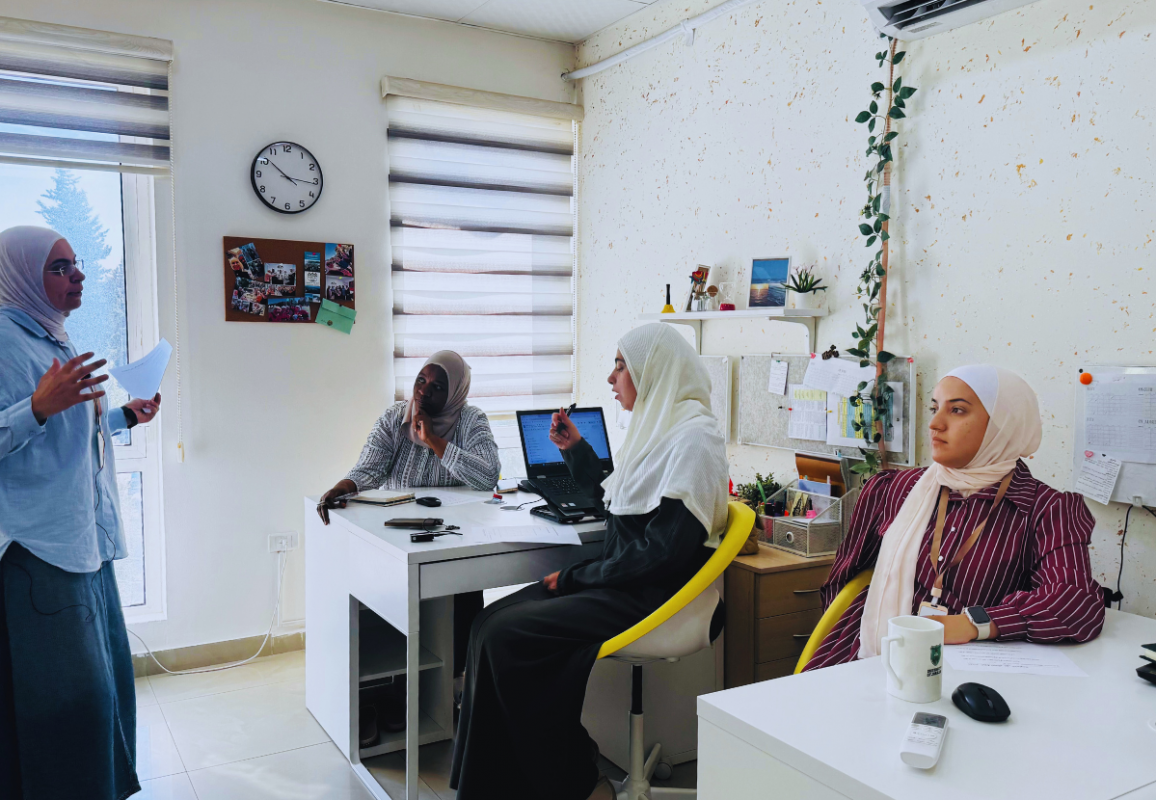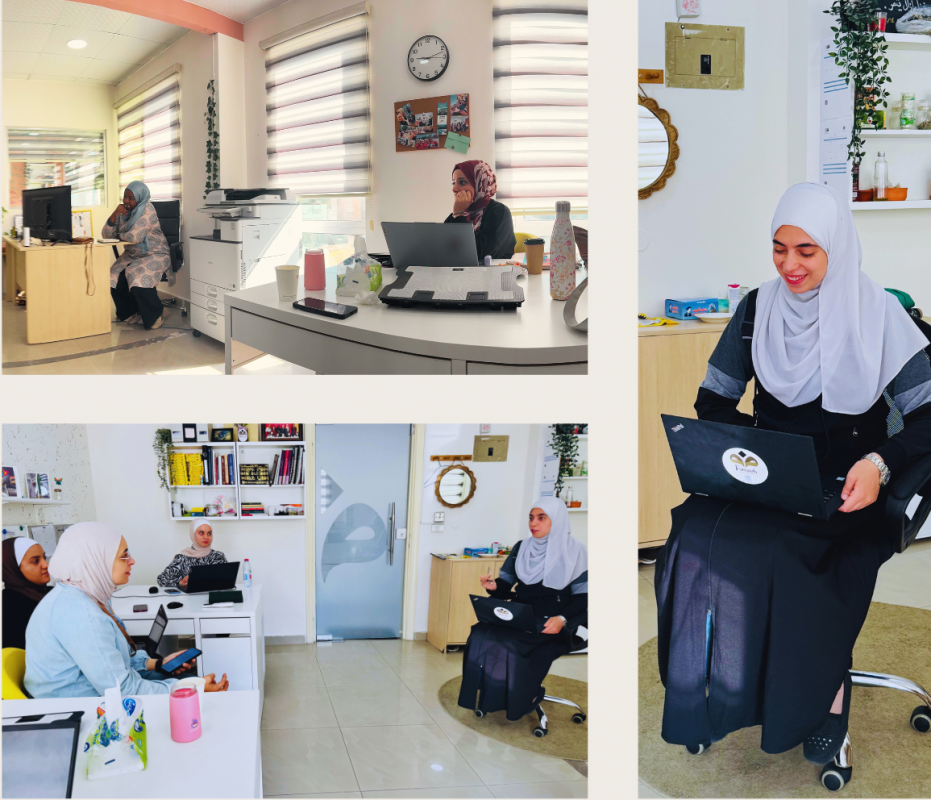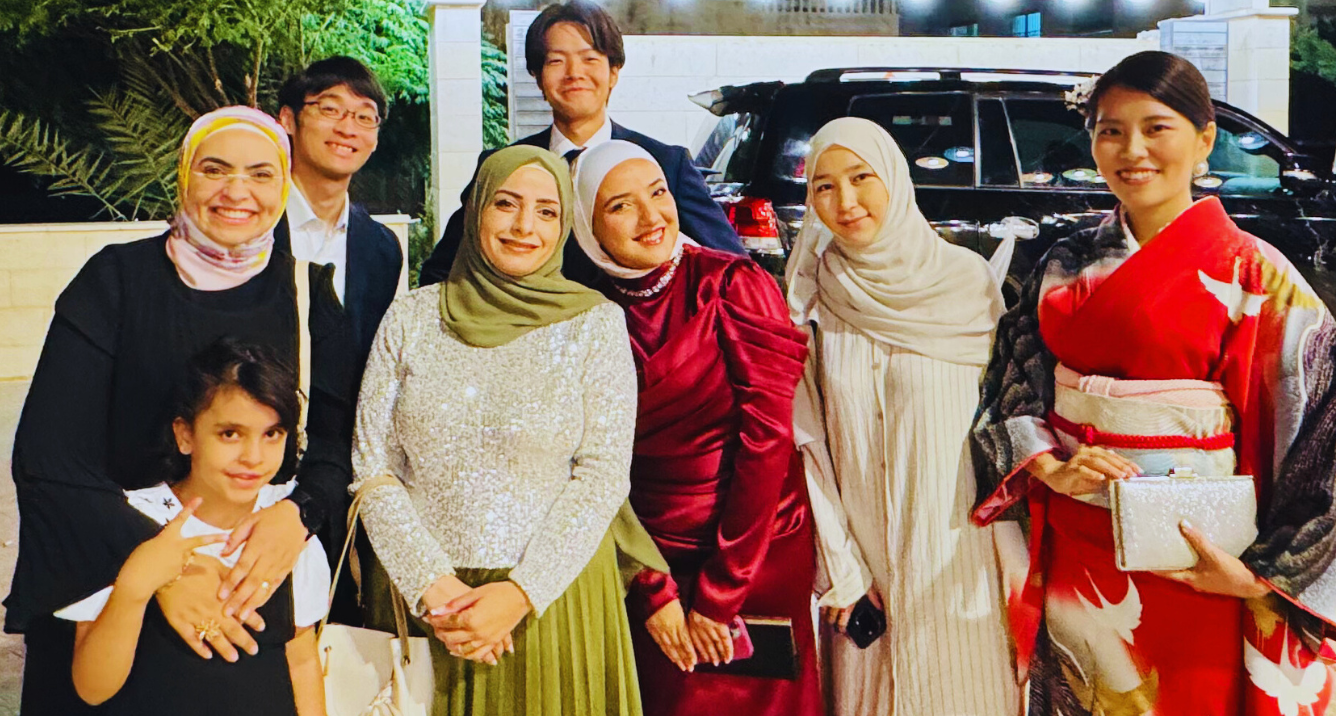Training: The Path to Excellence
How can I develop my Arabic language skills?” “And how can I become a distinguished teacher of Arabic?” … These questions often occupy the minds of those entering the field of learning or teaching Arabic to non-native speakers. Teachers immerse themselves in teaching methods and strategies, while students focus on grammar, vocabulary, and the four language skills.
Yet along the way, stumbling is inevitable. A teacher may discover a skill gap, while a student may struggle with recurring grammatical errors, pronunciation, or fluency. Here, the most reliable solution is training—which begins with knowledge but does not stop there. Knowledge alone does not create skill; what creates it is conscious repetition, serious practice, and learning from mistakes.
Effective training starts with choosing the right exercise, practicing with awareness, and noting progress and setbacks. It could be intensive practice in communication, focused drills on grammar rules, or even exercises far removed from the target skill—like mouth muscle training to improve pronunciation, or critical thinking tasks to clarify instructions.
Training demands effort, but with patience and persistence it leads to excellence. So, choose your trainer wisely, practice consciously, record your successes and mistakes, and repeat the exercises with awareness. Remember: the power of training lies in accumulation, not in one moment. That great leap you await will not come suddenly, but will form gradually—through every attempt, every correction, and every exercise.

Dr. Asma Hammad
Deputy Director – Faseeh Institute

“ABC Test” Workshop to Enhance Critical Thinking Among Faseeh Teachers
Faseeh Institute organized a training workshop titled “ABC Test for Evaluating Information”, delivered by Dr. Sajeda Salem to the institute’s teachers as part of its ongoing professional development series. The workshop aimed to empower teachers to distinguish between accuracy, bias, and clarity when dealing with circulating information, and to apply critical thinking skills to real-life situations both inside and outside the classroom. The session included interactive activities and practical analyses that enhanced teachers’ awareness of making more objective and accurate decisions.

Discussion of the Study: Context Sensitivity in Arabic and English Prepositions
As part of Faseeh Institute’s quarterly academic gatherings, Ms. Enas Al-Rayyes led the discussion this term on the study “Context Sensitivity in Prepositions in Arabic and English” by Ali Aldahesh, published in the International Journal of Linguistics (2013). The research explored the flexible meanings of prepositions in both languages and the vital role of context in shaping their usage. The discussion sparked enriching dialogue about the challenges faced by English-speaking learners of Arabic and ways to facilitate understanding these subtle contextual differences.

Faseeh Students Celebrate with Ms. Tasneem Ashour
We joyfully celebrated the wedding of Ms. Tasneem Ashour, where Faseeh students joined and experienced the traditions of an authentic Jordanian wedding. The celebration turned into a live cultural lesson. We warmly congratulate our dear teacher and wish her a joyful, blessed life.



